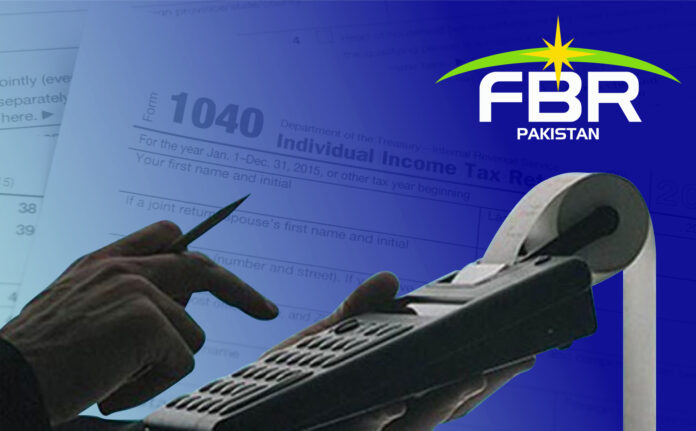The Federal Board of Revenue (FBR) presented its Transformation Plan as a global case study in public sector reform during the annual meetings of the IMF and World Bank in Washington DC.
FBR Chairman Rashid Mahmood Langrial highlighted Pakistan’s success in raising the tax-to-GDP ratio from 8.83% in FY2023–24 to 10.33% in FY2024–25 — the strongest single-year increase in over two decades. He attributed the improvement to a homegrown, data-driven approach focused on transparency, efficiency, and compliance.
Federal Minister for Finance and Revenue Muhammad Aurangzeb, who attended the meeting along with the FBR chairman and senior officials from the finance and economic affairs divisions, said the transformation represents one of Pakistan’s most significant institutional reforms.
He noted that the plan was fully owned by the prime minister and the federal cabinet and has begun showing early signs of success.
Aurangzeb said the reform agenda aims to rebuild the tax system around people, processes, and technology, laying the foundation for sustained economic growth.
In his presentation, Langrial explained that the FBR’s transformation journey began with an eight-week planning sprint in 2024, incorporating input from field officers nationwide and supported by a dedicated Delivery Unit. He added that while digitalisation remains crucial, structural and administrative reforms have been equally important.
Delegates from various countries and development partners participated in the session. Egypt’s Finance Minister Ahmed Kouchouk praised Pakistan’s initiative as “the right way to do reforms,” describing it as one of the most effective tax reform case studies he had seen in his experience with the World Bank.




